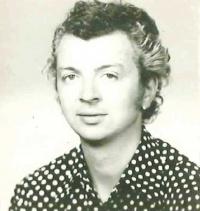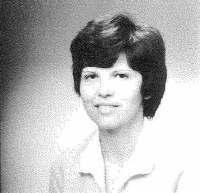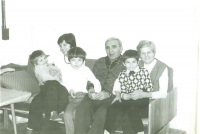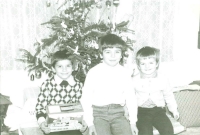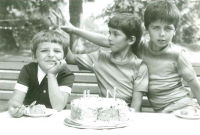Everyone can do something to make the world a better place and you don’t have to blabber while doing it

Download image
Milan Beran was born December 2, 1950 in Velký Dřevíč near Hronov. He grew up with just his mother and grandmother. He graduated technical high school in 1968 and that’s when he also met his future wife, whom he married in 1974. In the early times of the Normalization period he was offered to study theology by Josef Blahník, a bishop of the underground church. Milan Beran accepted and was secretly ordained in 1978 in Vyskytná near Jihlava. He then collaborated with Fridolín Zahradník, another bishop of the underground church. Together they repaired churches, distributed spiritual and other literature across the entire country and organized summer youth camps called ‘Chaloupky’ (Little Cottages). Priests Milan Beran, Fridolín Zahradník and Václav Netuka were arrested in 1983, the pretext being their alleged larceny of socialist property. They spent four years in pre-trial detention, appealed to the court several times and eventually lived to see their release without a conviction. However, precisely the fact that they had not been finally convicted made efforts for redress and rehabilitation more difficult for them after the Velvet Revolution. Milan Beran and Fridolín Zahradník co-founded the Emauzy Association, taking care of marginalized people. Milan Beran was also in the construction business and continues working as an auxiliary priest.

